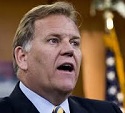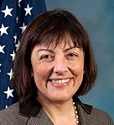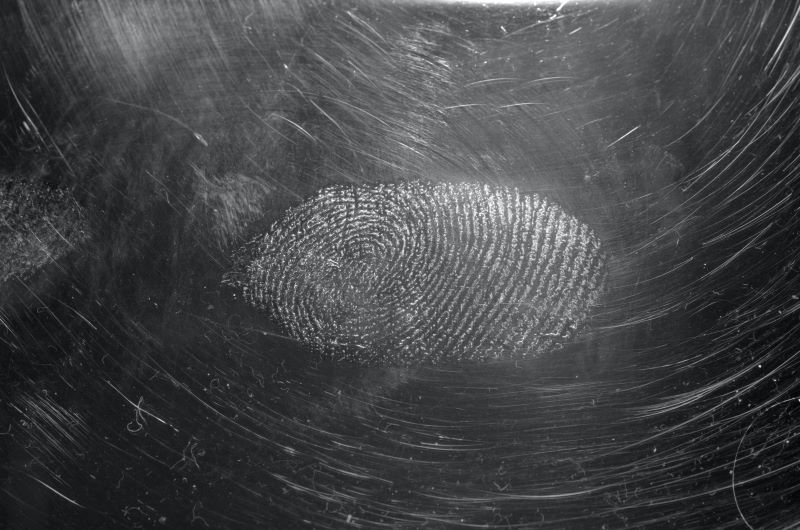Three House voices on the USA Freedom Act

(R-MI)
Prior to the House approving the USA Freedom Act last week, three members of the House discussed the proposed legislation from three different perspectives.
All agreed that the final bill represented a compromise between the House Intelligence Committee, House Judiciary Committee and the Obama administration.
Here are excerpts from remarks delivered by the House Intelligence Committee chairman, Rep. Mike Rogers (R-MI), Rep. Rush Holt (D-NJ) and Rep. Susan DelBene (D-WA).
Rep. Mike Rogers:
Our obligation to protect this country should not be held hostage by the actions of traitors who leak classified information that puts our troops in the field at risk or those who fear-monger and spread mistruth to further their own misguided agenda.
///
The bill bans bulk collection by introducing the requirement for a “specific selection term.” The ban on bulk collection, however, is not intended to limit acquisition of information through the traditional, targeted types of FISA or National Security Letters. The list of examples of what may constitute a specific selection term is non exhaustive, and we anticipate there will be other forms of discriminants than those contained in the legislationThe USA Freedom Act provides the meaningful change to the telephone metadata program that Members of the House have been seeking. If we had the fortune of having a Commander in Chief firmly dedicated to the preservation of this program as is, we may have been able to protect it in its entirety. With that not being the case, I believe this is a workable compromise that protects the core function of a counterterrorism program we know has saved lives around the world
Rep. Rush Holt:The bill before us still falls woefully short of what is required to correct the abuses brought to light over the last year.
///

(D-NJ)
This legislation still allows the government to collect everything they want against Americans–to treat Americans as suspects first and citizens second. It still allows decisions about whom to target, and how aggressively to go after acquaintances of acquaintances of targets, to be made by mid-level intelligence community employees, not federal judges. This so-called “two-hops” surveillance casts a very wide net that can reach millions of people.
///
Most important, the fundamental decisions made under the authorities provided in this bill will be made using a weak, inferior standard that does not reach the probable cause standard. In other words, the government can spy on people based on weak suspicions and not on legally established probable cause.
///
The bill also fails to deal with some of the most important abuses revealed over the last year. It provides no protection for national security whistleblowers, whose revelations over the last decade are the only reason why we are finally having such a public debate on this issue.
///
Rep. Susan DelBene:
Two weeks ago I was pleased to join my colleagues on the Judiciary Committee in unanimously supporting the USA Freedom Act as it passed out of the committee.
///

(D-WA)
Unfortunately, since then, negotiations with the Administration have resulted in this bill moving in the wrong direction. While I believe that the intent of this bill is to end bulk collection and I am glad that there is widespread agreement that Congress must act to end bulk collection, I am not convinced the bill effectively achieves this. The weakened definition of “specific selection term” must be addressed as this bill moves forward in order to provide absolute certainty that the legislative language achieves this intent, and that the bill’s ban on bulk collection is air-tight. Today’s bill simply fall short of what is needed to provide a clear guarantee to the public that the massive data collection by the NSA will be put to a full stop.








